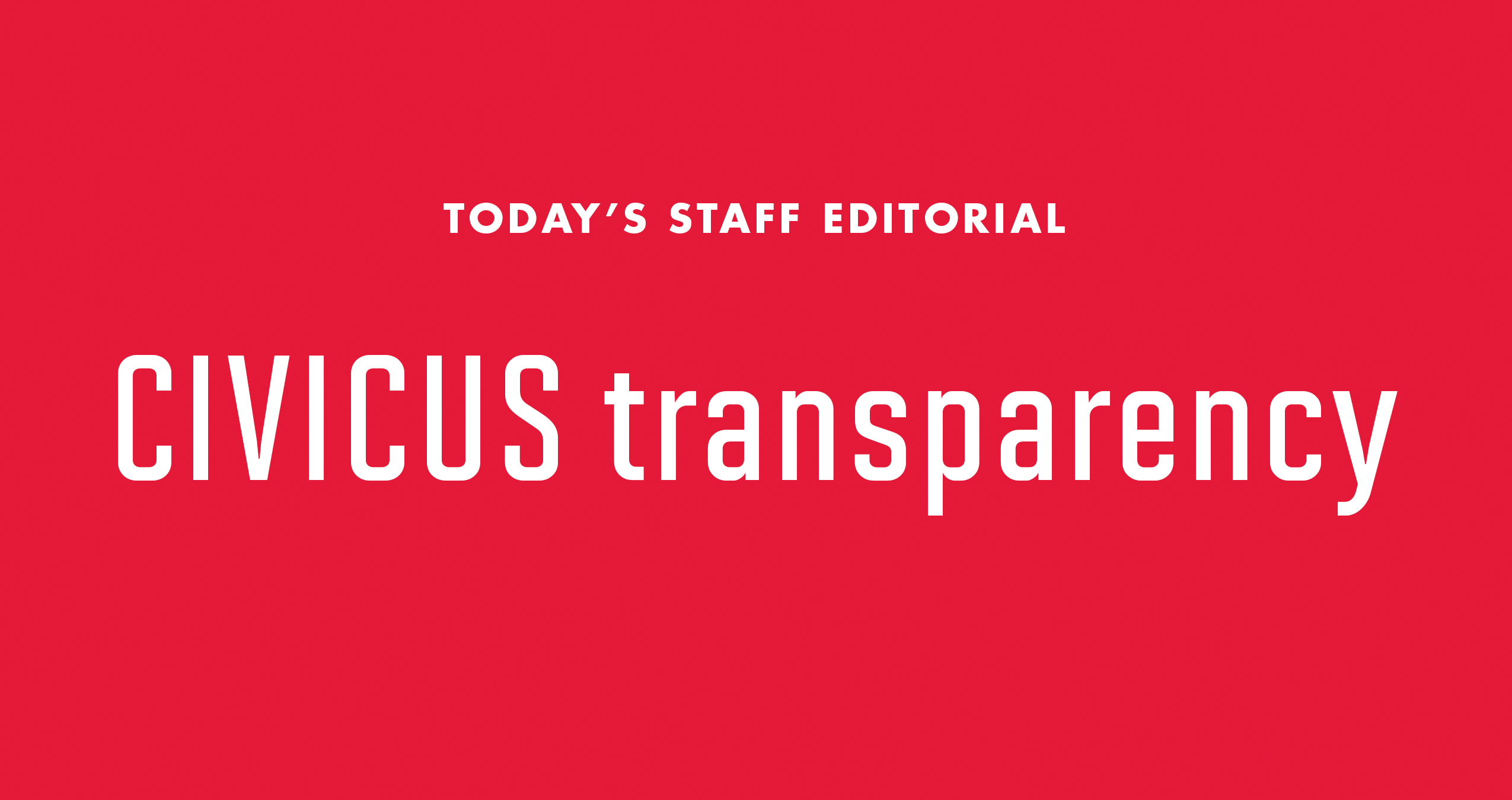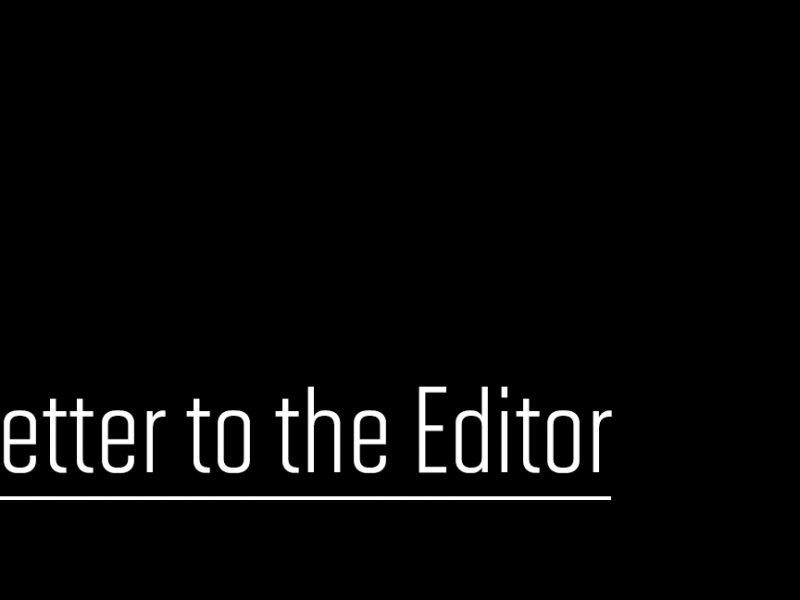The University of Maryland’s living and learning programs are a vital part of its educational and social experience. They offer students the opportunity to supplement their regular course load with enriching and engaging classes and, oftentimes, relationships with peers and professors that benefit them later in life.
These intimate learning environments are an asset to the university, which makes the general cloudiness and uncertainty surrounding the recent CIVICUS shake-up concerning.
Earlier this month, the College of Behavioral and Social Sciences announced that Sue Briggs, longtime director of the two-year living and learning program, would be leaving and taking on a different role as special assistant to the associate dean of the college. She will be replaced with interim director Korey Rothman, who has taught courses in the School of Theatre, Dance and Performance Studies. CIVICUS is a program that invites select students to deeply engage with themes of citizenship, leadership, scholarship, community service learning and community building in a diverse society.
Briggs’s departure has sent strong ripples through the community, as she was well-loved by alumni and well-known as the leading figure in the CIVICUS community. Many have expressed concern through social media and to The Diamondback, looking for a clearer picture of the situation surrounding her departure.
Meanwhile, students and recent alumni have seen part of the CIVICUS website go down; Somerset Hall, the home of the program, open to non-CIVICUS students; and the annual CIVICUS retreat shorten to a day, all with little concrete explanation. (In a Facebook post, CIVICUS student coordinator Molly Dana and alumna Tessa Trach said website changes were unrelated, blamed the residency change on the Department of Resident Life and said the retreat shortening was due to student suggestions in a recent survey.)
Explanation from the behavioral and social sciences college and CIVICUS leadership has been vague at best. CIVICUS alumni and personnel posted on a Facebook page for the residence hall, assuaging some concerns, but provided little illumination on the leadership change. Katherine Russell, associate dean of the behavioral science college, released a statement offering one-on-one meetings with any concerned students.
But many have called for a more public explanation, including a town hall to air grievances and seek answers to remaining questions. This board sides with transparency and urges the college to more openly address concerns CIVICUS students and alumni still have and answer the main question that remains: Why did Briggs leave?
If her transition was simply a career move, the students have a right to know. If it was to preserve the program in some manner, the students have a right to know. If it signifies something more nefarious, the students have a right to know. It’s simply the civil thing to do.



